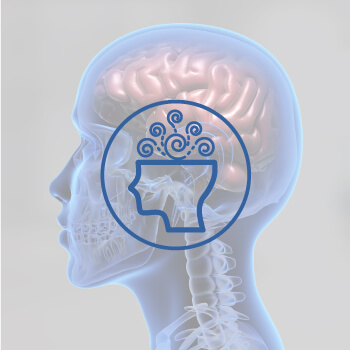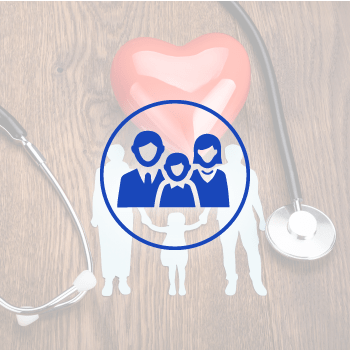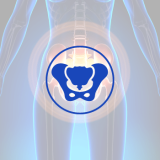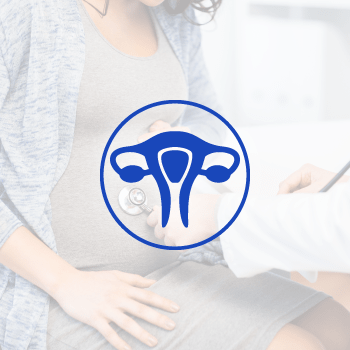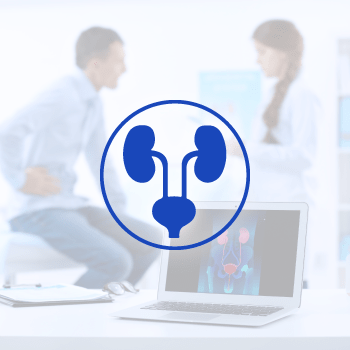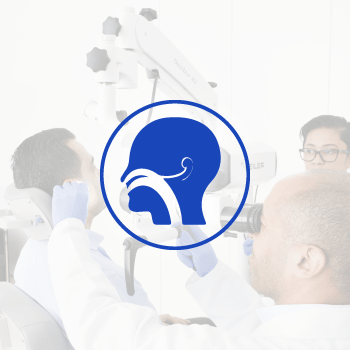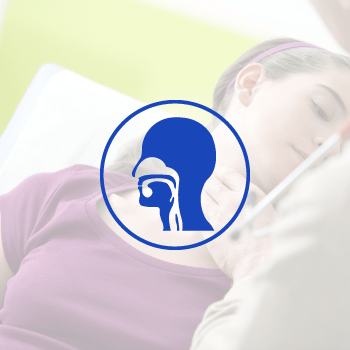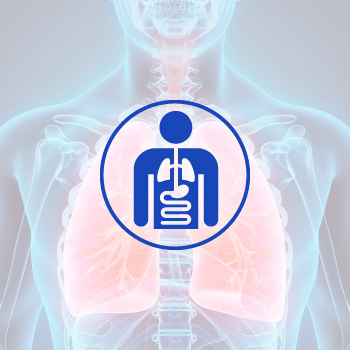Colon cancer is a type of cancer that begins in the colon or rectum. It is the third most commonly diagnosed cancer in the world and the 2nd cause of cancer related deaths each year. Despite its prevalence, colon cancer can be prevented and treated if detected early.
It usually starts as a small, noncancerous growth called a polyp. Over time, some polyps can develop into cancer. Colon cancer can spread to other parts of the body if not treated.

- Symptoms
- Screening
- Risk Factors
- Prevention
- Treatment
Colorectal cancer might not cause symptoms right away, but if it does, it may cause one or more of these symptoms:
- A change in bowel habits, such as diarrhea, constipation, or narrowing of the stool, that lasts for more than a few days
- A feeling that you need to have a bowel movement that’s not relieved by having one
- Rectal bleeding with bright red blood
- Blood in the stool, which might make the stool look dark brown or black
- Cramping or abdominal (belly) pain
- Weakness and fatigue
- Unintended weight loss
However, many people with colon cancer may not experience any symptoms in the early stages, which is why screening for colon cancer is so important.
Several test options are available for colorectal cancer screening:
- Stool-based tests
-
- Highly sensitive fecal immunochemical test (FIT) every year
- Highly sensitive guaiac-based fecal occult blood test (gFOBT) every year
- Visual (structural) exams of the colon and rectum
-
- Colonoscopy every 10 years
- CT colonography (virtual colonoscopy) every 5 years
- Flexible sigmoidoscopy (FSIG) every 5 years
These tests can detect precancerous polyps or early-stage colon cancer, which can be treated before they become more advanced.
People at increased or high risk of colorectal cancer might need to start colorectal cancer screening before age 45, be screened more often, and/or get specific tests. This includes people with:
- A strong family history of colorectal cancer or certain types of polyps
- A personal history of colorectal cancer or certain types of polyps
- A personal history of inflammatory bowel disease (ulcerative colitis or Crohn’s disease)
- A known family history of a hereditary colorectal cancer syndrome such as familial adenomatous polyposis (FAP) or Lynch syndrome (also known as hereditary non-polyposis colon cancer or HNPCC)
- A personal history of radiation to the abdomen (belly) or pelvic area to treat a prior cancer
Lifestyle factors, such as physical inactivity, smoking, and excessive alcohol consumption, can also increase the risk of colon cancer.
Preventing colon cancer involves making healthy lifestyle choices, such as maintaining a healthy weight, eating a balanced diet rich in fruits, vegetables, and whole grains, and getting regular exercise. It is also important to avoid smoking and excessive alcohol consumption.
If you are diagnosed with colon cancer, treatment options may include surgery, radiation therapy, chemotherapy, or a combination of these treatments. The type of treatment recommended will depend on the stage and location of the cancer, as well as your overall health.
Colon cancer is a serious and potentially life-threatening condition that can be prevented and treated if detected early. It is important to be aware of the symptoms and risk factors for colon cancer and to undergo regular screening if you are at risk. Making healthy lifestyle choices can also help reduce your risk of developing colon cancer. If you have any concerns about colon cancer or any other health issue, be sure to consult with your healthcare provider.

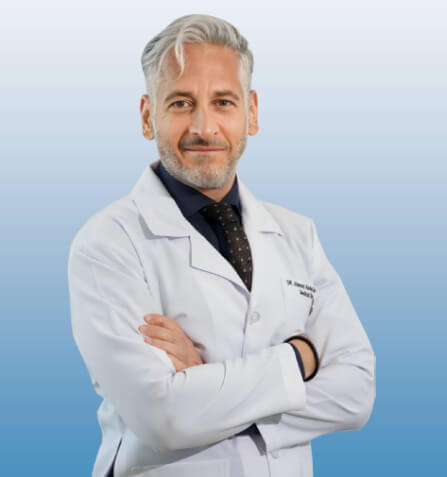
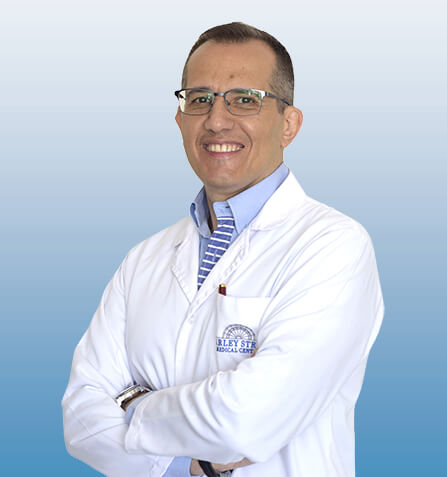
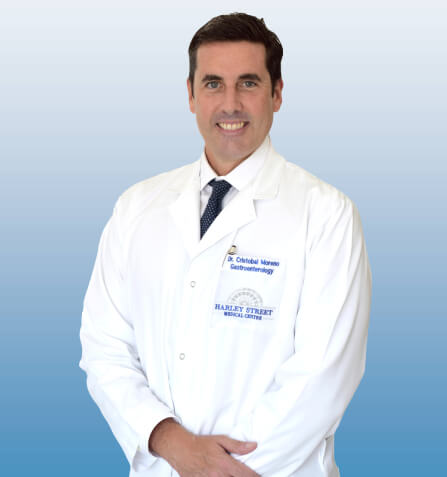
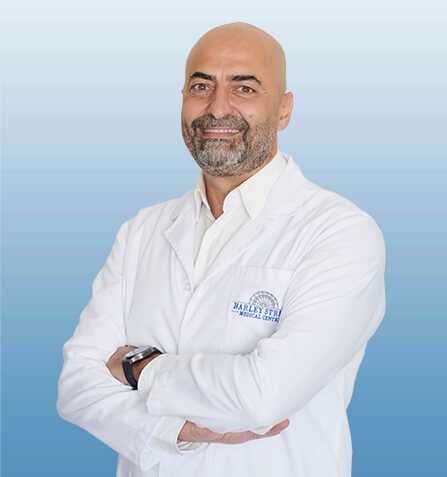

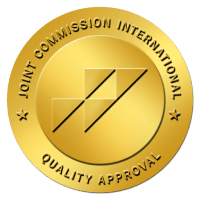
 أنقر هنا
أنقر هنا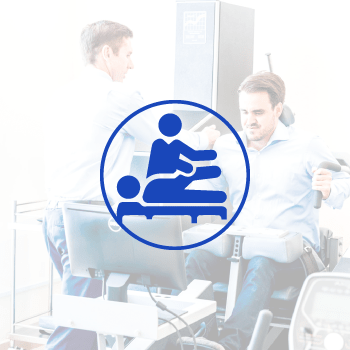 أنقر هنا
أنقر هنا
